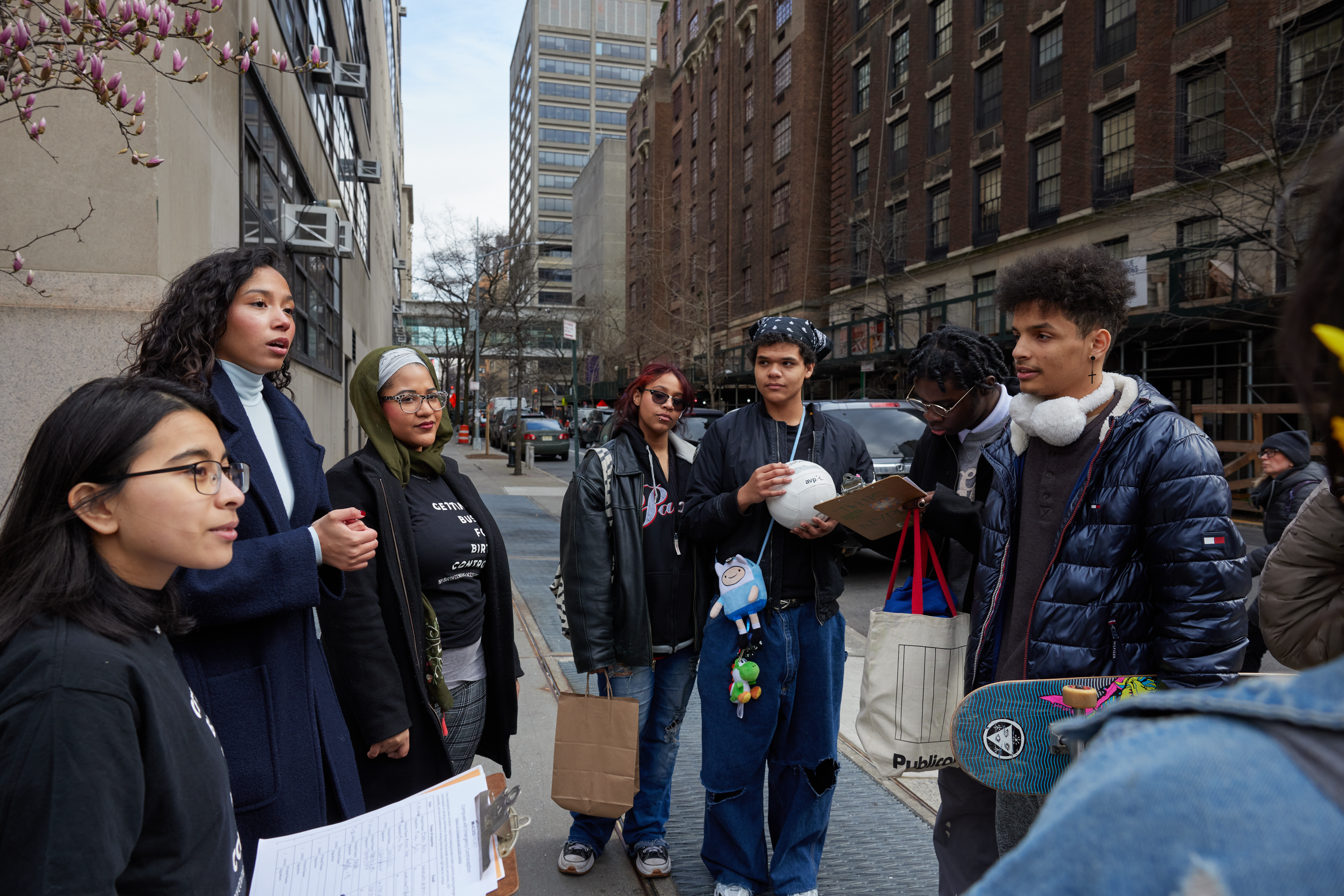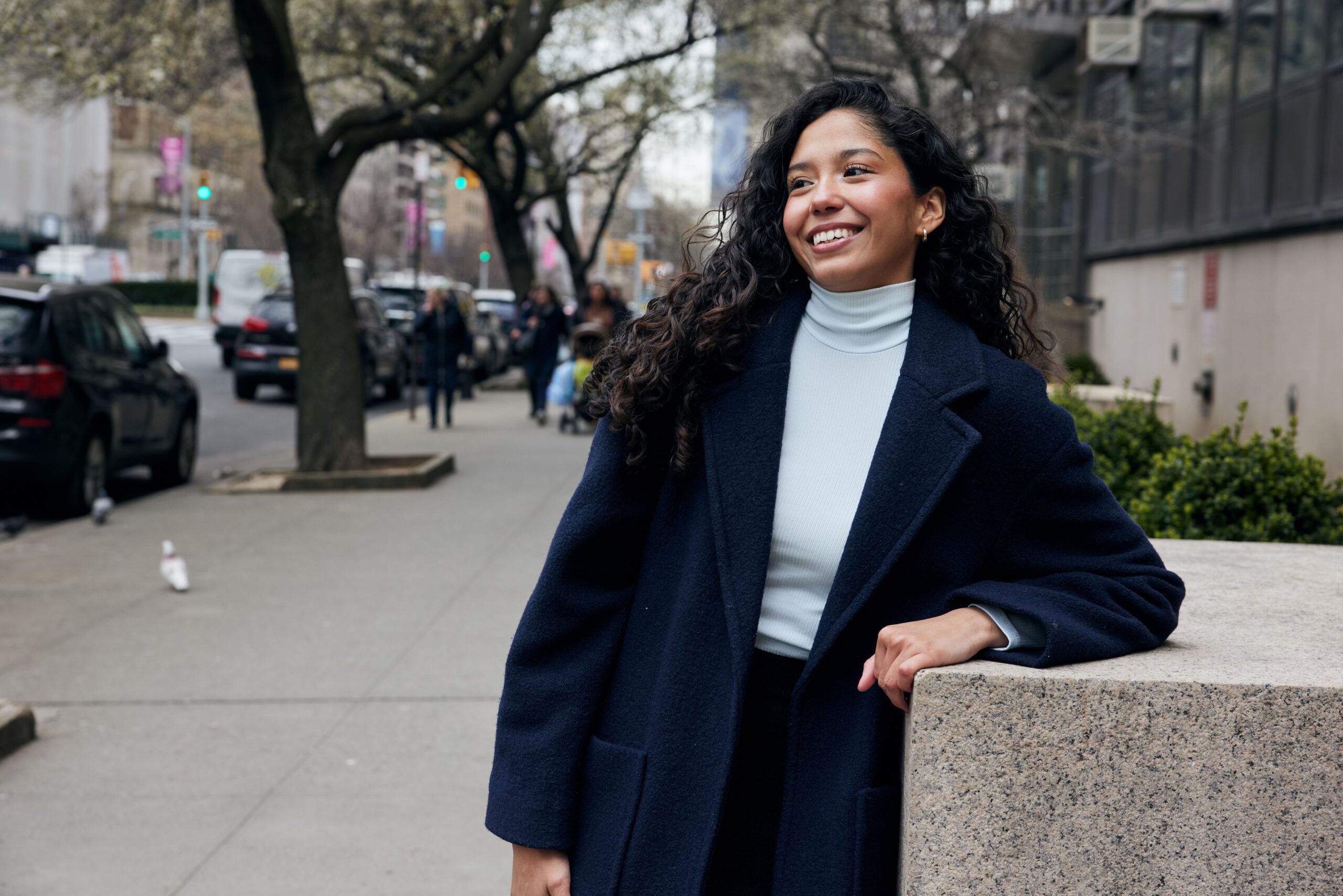Isabella Grullon is a junior at Hunter College and a Legislative Education and Advocacy Program Fellow at the New York Birth Control Access Project, which trains young adults to become reproductive health advocates.
A recent Trust grant helped the Project secure a major legislative victory, allowing pharmacists in New York State to prescribe hormonal birth control. The new authorization went into effect on March 19, when the state’s health commissioner signed a standing order for the bill. Building on this success, the Project is now advocating for legislation that will place emergency contraceptive vending machines in all CUNY and SUNY campuses. Both initiatives will increase access to contraception for New York’s 1.2 million women who live in “contraceptive desert” counties
“From a young age, I was interested in activism and fighting for change. I grew up knowing there is a lot do to improve our lives. My dad was a union organizer. So as a kid, I was on picket lines and at rallies with him, learning the importance of grassroots organizing and community activism.
When I entered college, I began organizing on campus for environmental justice work and to eliminate tuition. At the time I didn’t feel an urgency to fight for reproductive rights. A year later the Dobbs v. Jackson opinion leaked. I was totally shocked. It was a very depressing day on campus—to think our mothers had more rights at our age than we do now.
I talked to one of my professors about the need to expand and protect our reproductive rights, and they recommended I apply to join the associate board of the New York Birth Control Access Project, which was how I first got involved. I was part of their legislative education advocacy program.
The first thing I noticed was how different the training was from other advocacy work I had done. They teach you how to communicate the issue, give you strategies and tactics to persuade legislators, and provide access to experts in all different fields. You build a lot of transferable skills in communications, lobbying, policy, and grassroots organizing. Which is important, because many participants have never been involved in advocacy work before.
Eventually, I became a fellow supporting our legislative advocacy work. I’ve organized several advocacy trips to urge legislators to support increasing access to birth control. It was incredible to bring students from all across New York State to the Capitol to represent their campuses and the needs of their communities.

I was also in attendance when Governor Hochul signed the Birth Control Access Act into law. It wasn’t until student advocates consistently met with legislators in Albany that it moved forward. That was the first time I’d ever gone to a signing for a bill, and it was very empowering to be in a room with women who were all fighting for reproductive health.
Now we’re working on the Emergency Contraception Act, which requires New York State and New York City universities to have at least one vending machine available to purchase emergency contraception. It’s really a bill about equity. Private colleges have vending machines where emergency contraception is available for $10 or $15, while students at SUNY and CUNY must go to a pharmacy instead, where it costs up to $60. This is going to provide a discreet, accessible, and affordable way for all students to access birth control.”
